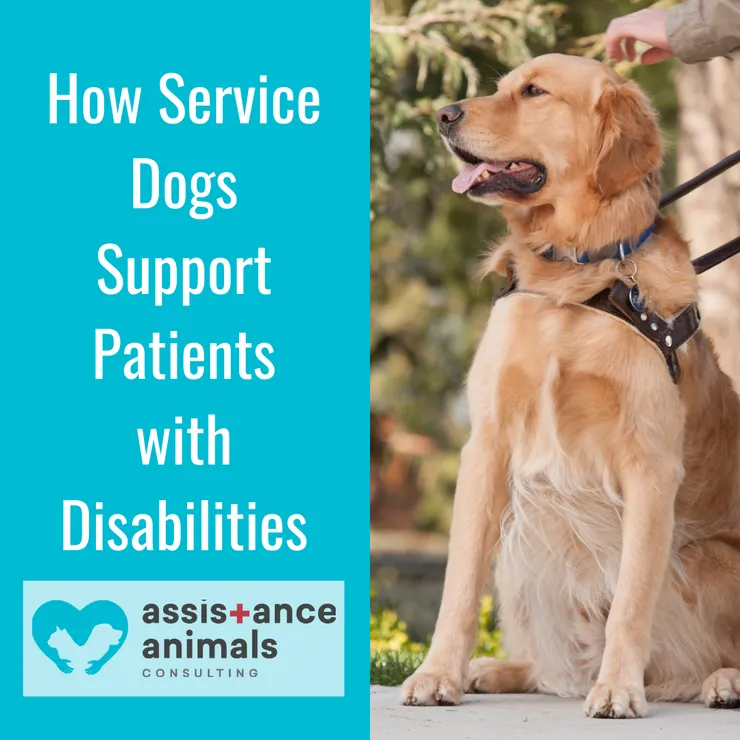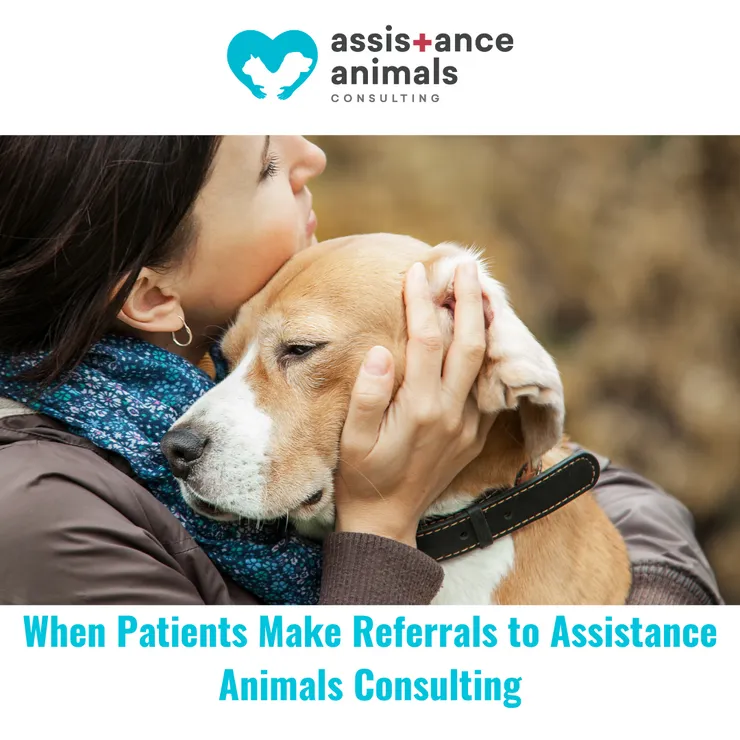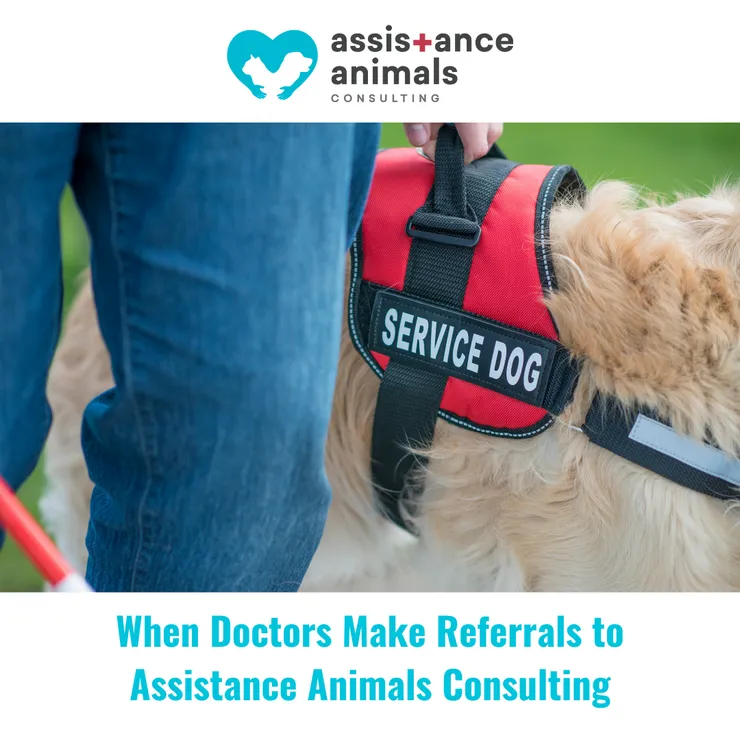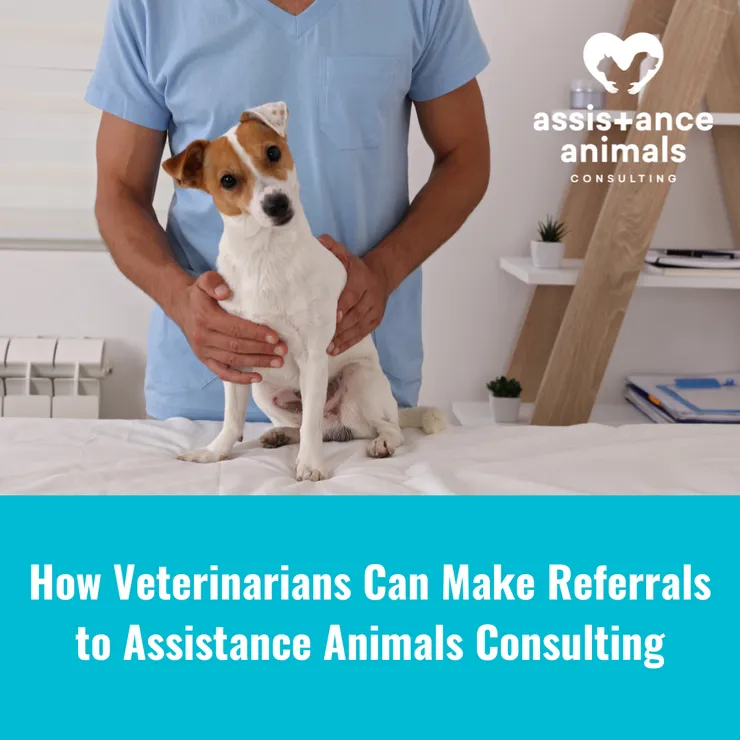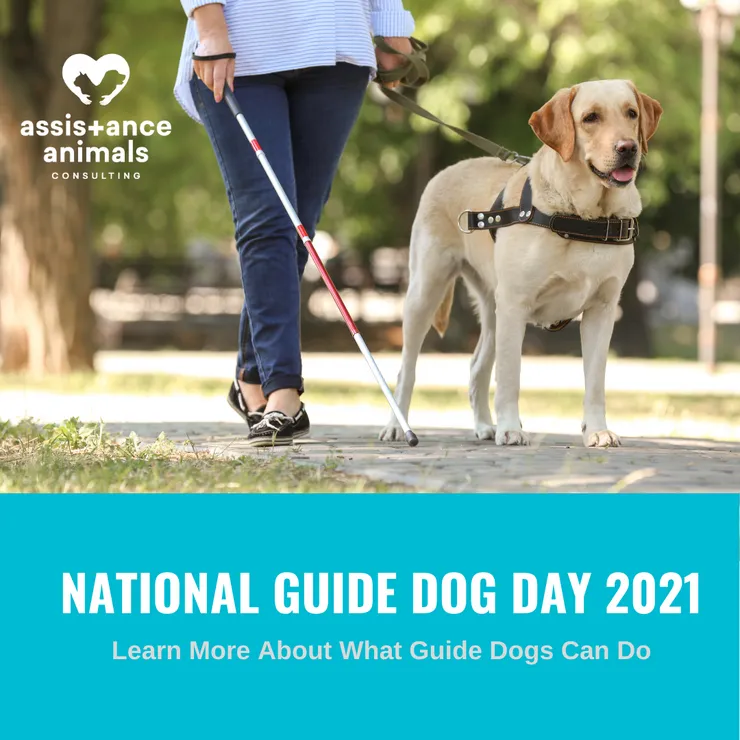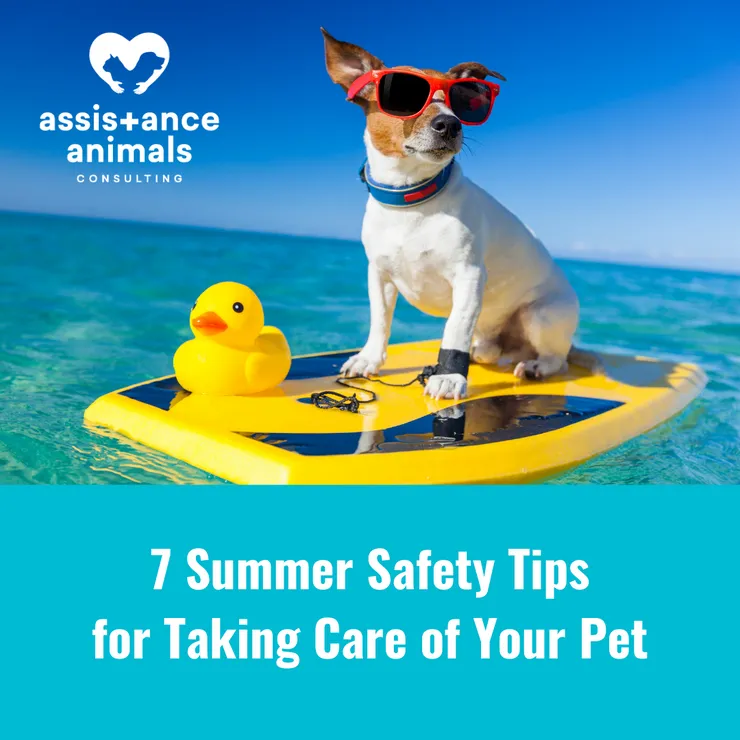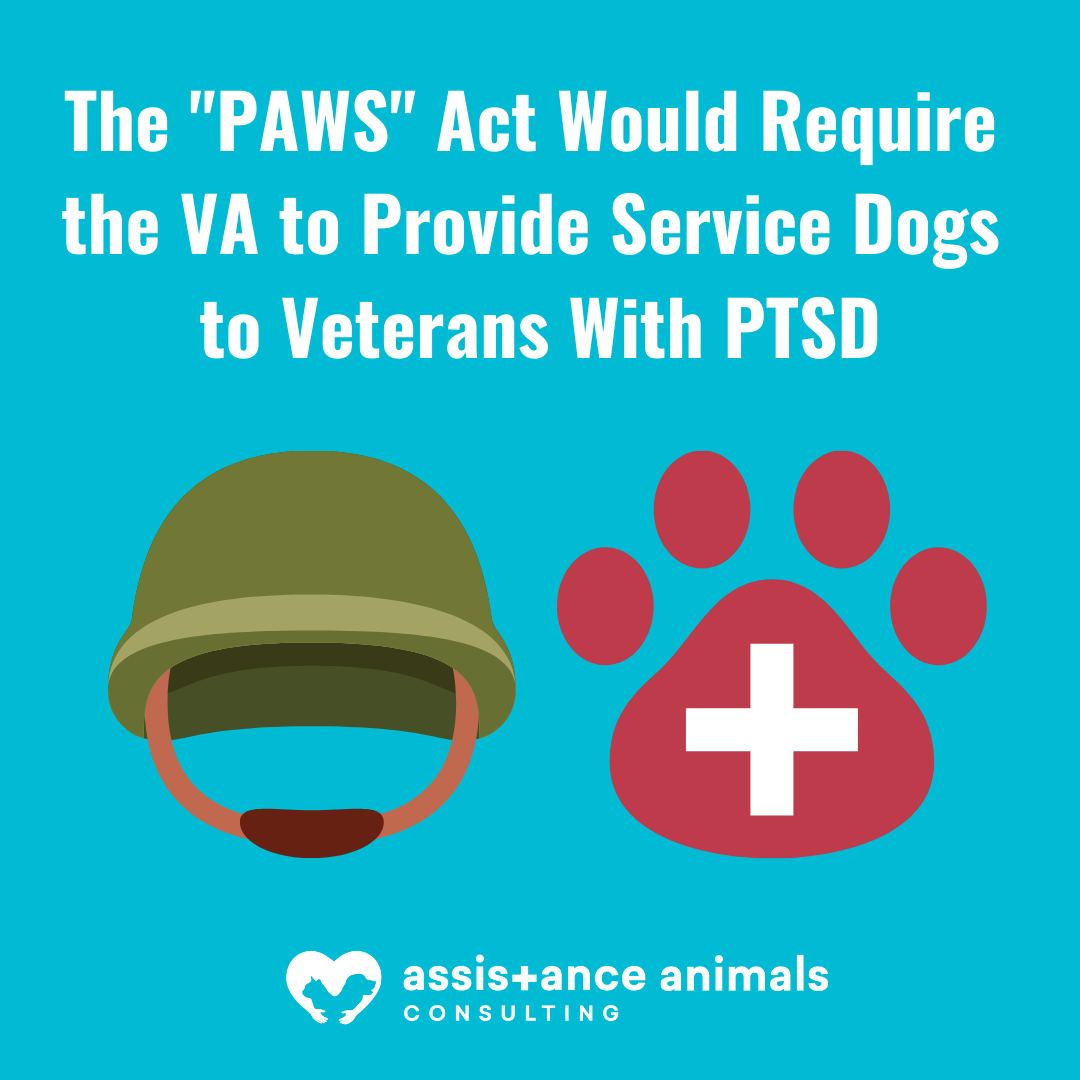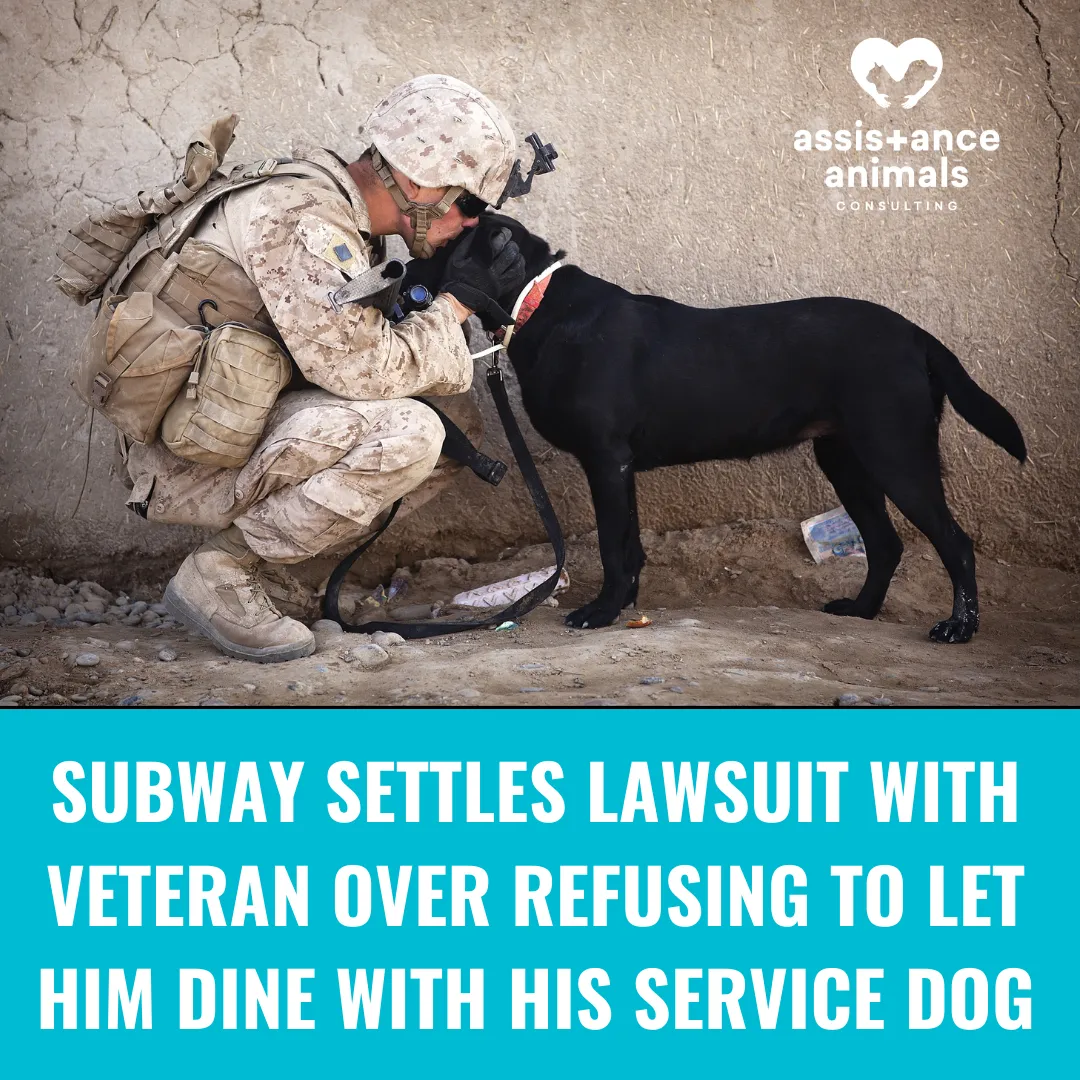We are Assistance Animal Consulting. As licensed veterinarians, our expertise is
evaluating any animal being considered as a working animal for therapeutic purposes. We work with you and your patient to deliver comprehensive care, facilitating a successful partnership between patient and working animal. As veterinarians, we understand the needs of the working animal and will collaborate with you assisting in the selection of the best animal, cat or dog, for the most impactful therapeutic purpose.
Prior to being selected for a patient, a working animal has many needs to be considered. A licensed veterinarian is qualified to evaluate and assess any animal involved in a therapeutic program.
The 3 Point Evaluation Strategy
From the veterinary perspective, we have identified three main points which should be discussed with the healthcare team and patient when determining if the patient is truly ready for the responsibility of a working animal. We are here to help guide a thorough conversation with the patient and the patient’s family prior to selecting the working animal.
1) Working Animal’s Basic Needs
It is essential to educate and familiarize the patient and patient's family about the basic needs of animal care and cost of veterinary care for their working animal. Introducing another living breathing being to the life of a patient can potentially be overwhelming. As an
advocate for the working animal, we feel it’s necessary to educate potential patients on their working animal’s basic needs to create a successful relationship for both human and animal.
Points covered:
1. Home safe for animal
2. Food/water accessibility
3. Veterinary care
4. Exerce routine and schedule
5. Animal work break schedule
2) Patient Compatibility
Understanding the needs of the patient is also critical to selecting a compatible working animal. It is imperative we
collaborate collectively with the prescribing physician and healthcare team to ensure the patient is not paired with an animal that could potentially compromise the patient’s health versus being beneficial.
Points Covered:
1. Allergy Compatibility
2. Patient’s health with an animal component
3) The Human-Animal Interaction
We will work with the patient to optimize the
Human-Animal Bond and maximize all aspects of human-animal interaction. This step is critical as it evaluates the temperament and training needs of the working animal. A proper evaluation reduces the liabilities of the prescribing physician and patient. A working plan of action is also created in the event the patient becomes incapacitated and cannot take care of their working animal partner.
Points covered:
1. Breed and Temperament of Animal
2. Size of Animal
3. Age of Animal for patient’s immediate medical needs
4. Training needs for Animal
5. Emergency Preparedness Plan
Assistance Animals Consulting wants to partner with you to ensure a successful plan is developed for the patient and working animal. Together we can effectively assess and evaluate these three points, ensuring optimum functioning of the human animal partnering team, create successful human-animal interactions, and have a positive effective on patient outcomes.
Our goal at Assistance Animals Consulting is to facilitate successful human animal bond treatment plans.
Contact us to learn more.


